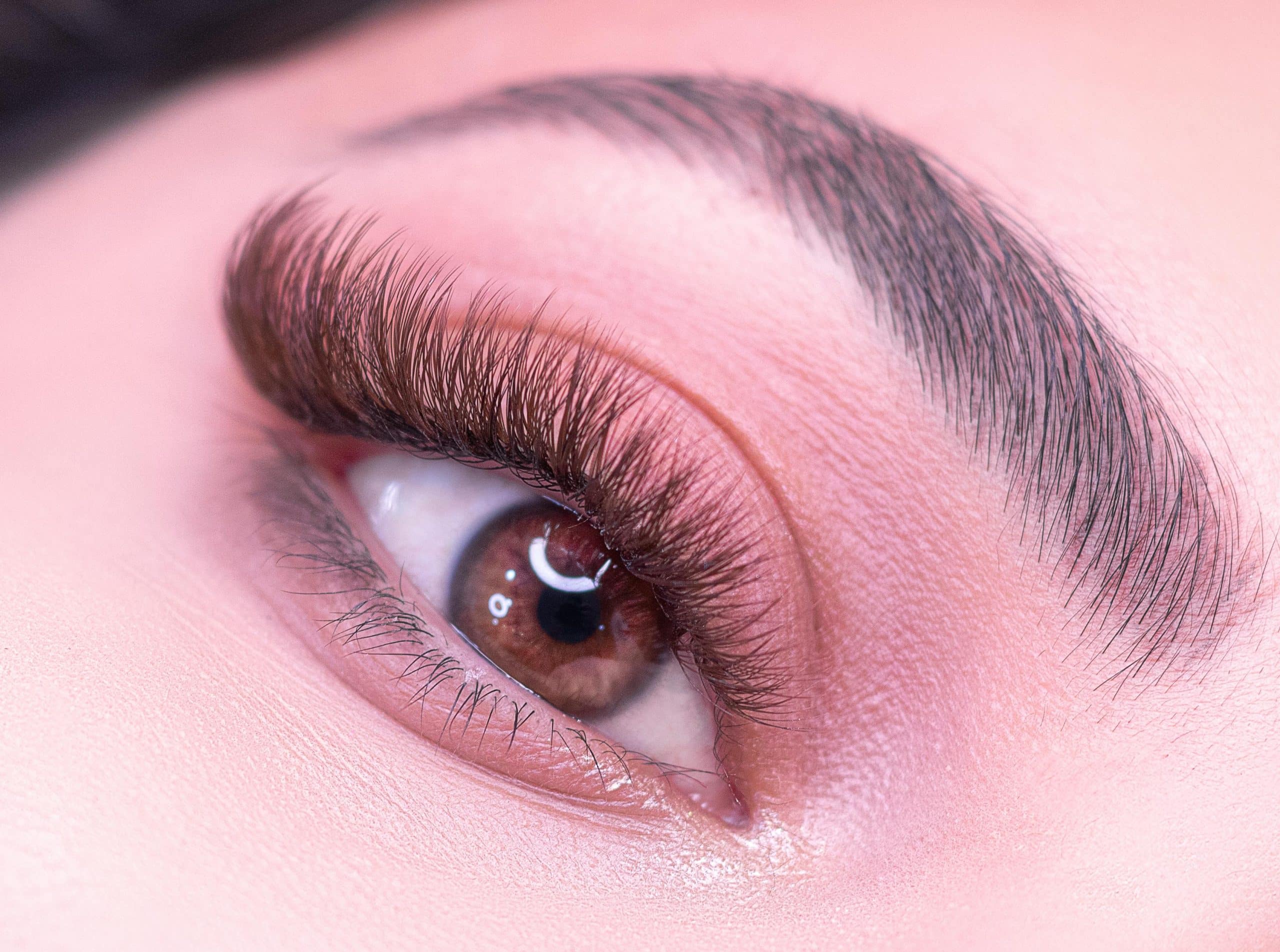From a simple google search, you will find that collagen is one of the most popular supplements on the market today for skin health. It’s often touted as the secret to youthful, radiant skin, with promises of improved elasticity, hydration, and even a reduction in wrinkles. But is there scientific evidence to back up these claims? To answer that, let’s dive deep into the world of collagen supplements and their potential effects on the skin.
What Is Collagen and Why Is It Important for Skin Health?
Before we can understand the impacts of collagen supplements, it’s crucial to understand what collagen is and its role in skin health. Collagen, the most abundant protein in the body, is a critical component of the skin’s structure. It provides the skin with its firmness and elasticity, while also contributing to the skin’s hydration.
A découvrir également : How Do Social Support Networks Improve Outcomes for Cancer Patients Undergoing Chemotherapy?
Collagen production in the body naturally decreases with age, which is one of the primary causes of skin aging. This decline in collagen production leads to a loss of skin elasticity and hydration, resulting in the formation of wrinkles and sagging skin. Therefore, it seems logical to assume that supplementing with collagen could help to combat these signs of aging. But what do the studies say?
The Science Behind Collagen Supplements and Skin Health
Over the past few years, multiple studies have been conducted to examine the effects of collagen supplements on skin health. Many of these studies, which can be found in reputable sources such as PubMed and PMC, have shown promising results.
Cela peut vous intéresser : What Are the Effects of Combined Physical and Cognitive Training on Dementia Prevention?
A study published in the Journal of Cosmetic Dermatology, doi: 10.1111/jocd.12174, found that oral supplementation with collagen peptides significantly improved skin hydration and elasticity. The study participants, who were postmenopausal women, took the supplement for 8 weeks. The results showed significant improvements in skin elasticity as compared to the placebo group.
Another study, available on PubMed Central (PMC), found similar results. In this study, the effects of a collagen supplement were assessed on skin health in a group of women aged 35-55 over a period of 8 weeks. The study found that the supplement improved skin elasticity, skin moisture, and roughness.
These studies suggest that collagen supplements can indeed play a role in improving skin health, specifically in terms of elasticity and hydration. However, it’s worth noting that more research is needed in this area, particularly on the long-term effects of collagen supplementation.
The Potential Side Effects of Collagen Supplements
Despite the promising research about the benefits of collagen supplements for skin health, it’s important to consider their potential side effects. As with any supplement, collagen isn’t without its risks.
Some people may experience digestive issues, such as feelings of fullness or heartburn, after taking collagen supplements. Allergic reactions can also occur, especially in individuals who are allergic to the source of the collagen, such as fish, beef, or chicken.
Moreover, it’s crucial to remember that supplements, including collagen, aren’t regulated by the Food and Drug Administration (FDA). This means the quality and purity of collagen supplements can vary, so it’s essential to choose a trusted brand.
How to Incorporate Collagen Supplements into Your Routine
If you’re considering adding a collagen supplement to your routine for its potential skin benefits, there are several forms available, including powders, capsules, and even gummies.
For the best results, follow the dosage instructions on the product’s packaging. Keep in mind that it may take a few weeks to see noticeable improvements in your skin’s elasticity and hydration.
It’s also important to maintain a balanced diet and a healthy lifestyle. While collagen supplements can contribute to skin health, they shouldn’t replace a balanced diet and good skincare routine.
The potential of collagen supplements to improve skin elasticity and reduce wrinkles appears promising, with several studies backing up these effects. However, always remember to consider the potential side effects and consult with a healthcare professional before starting any supplement regimen.
Do Collagen Supplements Truly Combat Skin Aging?
The process of skin aging is inevitable. As we grow older, the production of collagen, a crucial protein responsible for skin elasticity and hydration, naturally decreases. This decline in collagen production contributes significantly to the formation of wrinkles, fine lines, and sagging skin. The question then becomes, can collagen supplements help to offset these effects?
The answer appears to be yes, at least according to several studies conducted and published in reputable sources like PubMed, PMC, and Google Scholar. In one study published in the Journal of Cosmetic Dermatology (doi: 10.1111/jocd.12174), oral collagen supplementation was found to improve skin hydration and elasticity in postmenopausal women over an 8-week period. A similar study available on PubMed Central (PMC) produced similar results, showing that collagen supplements could improve skin moisture and reduce roughness in women aged between 35 and 55.
While these studies have shown promising results, it is critical to note that more research is needed, particularly concerning the long-term effects of collagen supplementation. Moreover, individual results may vary, and collagen supplements should not be seen as a silver bullet for skin aging. A balanced diet rich in amino acids, a good skincare routine and a healthy lifestyle are also essential for maintaining skin health.
Conclusion: Weighing the Pros and Cons
In conclusion, it seems that there is a substantial amount of evidence suggesting that collagen supplements can indeed improve skin elasticity and reduce the signs of aging such as wrinkles. However, potential side effects, including digestive issues and allergic reactions, should not be overlooked. It is also important to keep in mind that collagen supplements are not regulated by the Food and Drug Administration (FDA), which means the quality and purity of these products can vary.
Therefore, if you’re considering incorporating collagen supplements into your routine, it is crucial to consult with a healthcare professional first. They can provide guidance on the correct dosage, potential side effects, and the most reputable brands available on the market.
In summary, while collagen supplements show promise in combating skin aging, they should be used as part of a broader approach to skin health that includes a balanced diet, regular exercise, and a good skincare routine. Remember, there is no ‘magic pill’ for youthful skin. It takes a dedicated, holistic approach to see long-lasting results. As the saying goes, beauty truly is skin deep.





